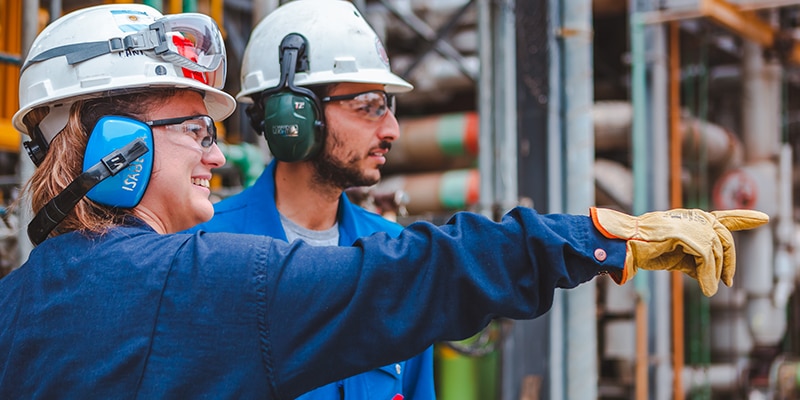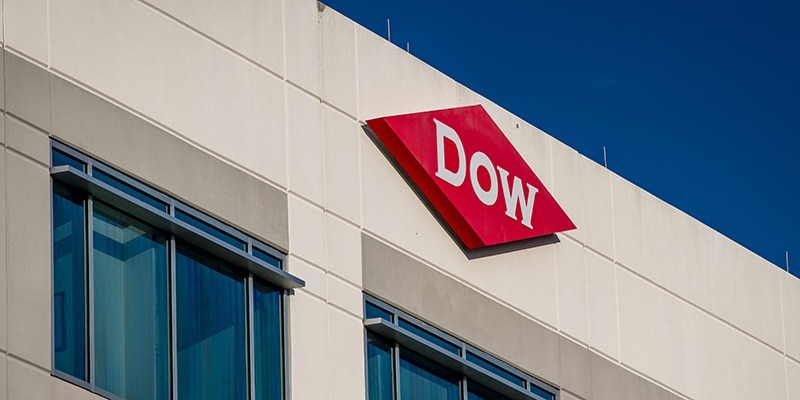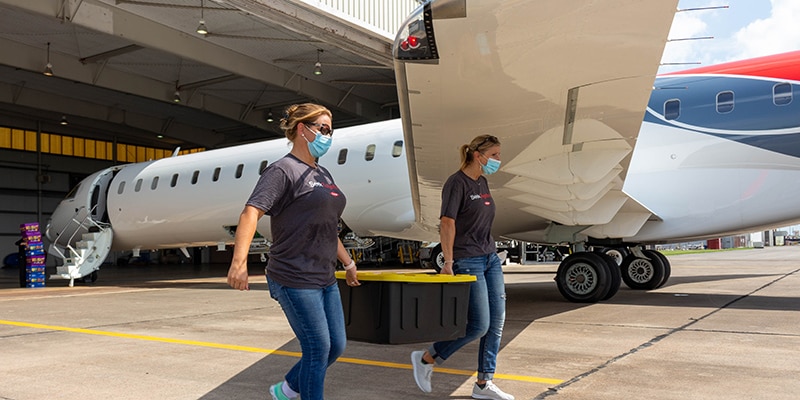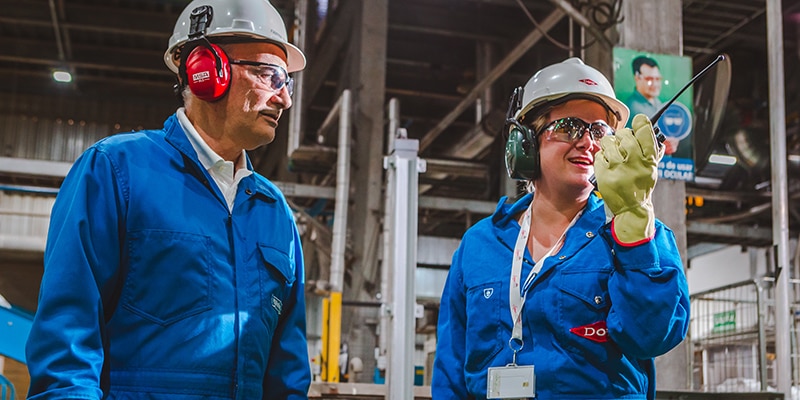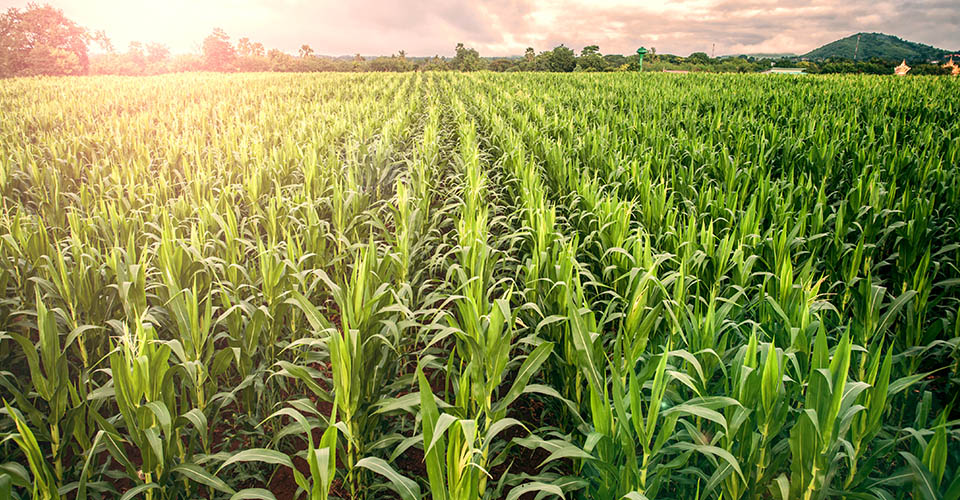
How can we solve hunger when the global population is rising?
Today is World Food Day. To many people, access to fresh, nutritious food is ‘normal’ – something taken for granted. But today, over 3 billion people don’t have access to a healthy diet. Paradoxically, a third of all food produced is never consumed. Reducing food loss and waste is essential to solving hunger in a world where the number of people affected by hunger is on the rise. It also can help our environment: about 8-10 percent of emissions driving the climate crisis can be attributed to food waste and loss, according to a report by the Intergovernmental Panel on Climate Change.
Climate change, water shortages, soil erosion and a rapid growth in global population are making it increasingly difficult to grow enough nutritious food for all. If we can’t manage to feed the world’s population today, imagine the challenge to feed approximately 9.7 billion people on our planet by 2050…
Ultimately, food security relies on the entire supply chain – from farm to fork, so to speak. By taking a holistic approach through agriculture, transport and packaging, our industry can collaborate to create innovations that are designed for recyclability and that will contribute to more efficient food production and more effective food conservation.
Ultimately, food security relies on the entire supply chain – from farm to fork, so to speak. By taking a holistic approach through agriculture, transport and packaging, our industry can collaborate to create innovations that are designed for recyclability and that will contribute to more efficient food production and more effective food conservation.
By working collectively to define “what” a positive food systems future looks like and “how” to achieve it, we can find paths to better production, better nutrition and a better environment for all.
Boosting nature-positive production
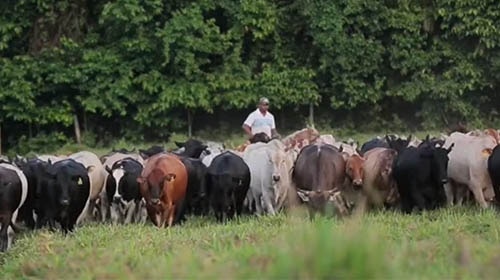
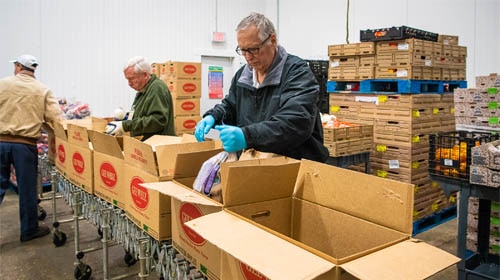
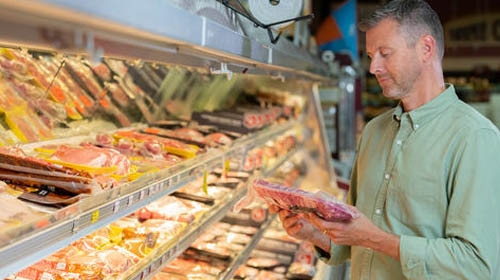
- image-1
- image-2
- image-3

